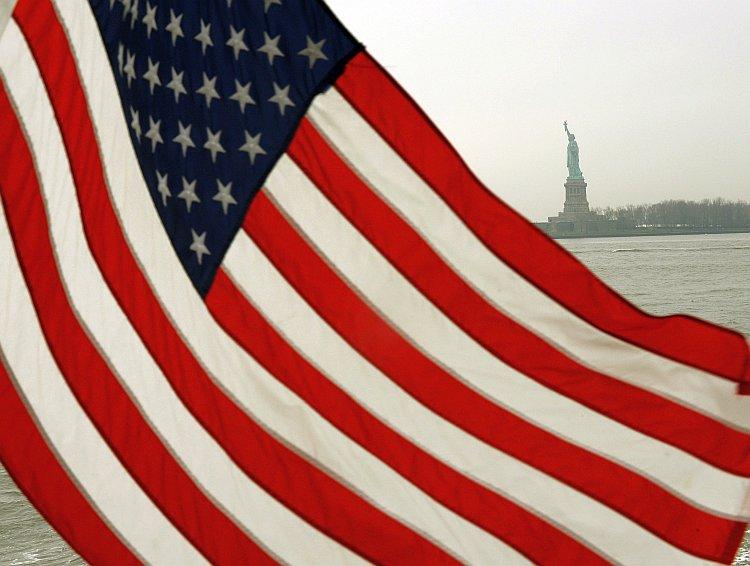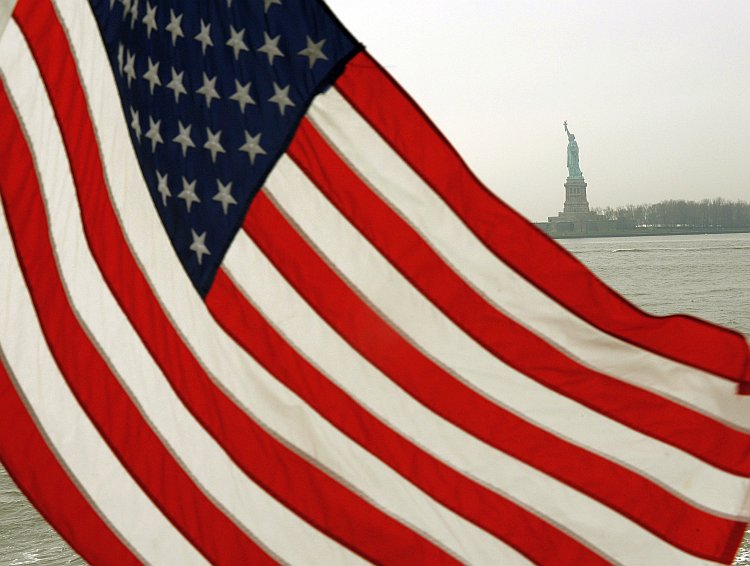The highly controversial National Defense Authorization Act for Fiscal Year 2012 (NDAA) is being brought to court by Pulitzer Prize-winning journalist Chris Hedges; alleging parts of the act violate the U.S. Constitution.
The NDAA authorizes funding for U.S. defense. But it includes a section related to detainees at Guantanamo Bay, Cuba, and arrests of terrorist suspects—including American citizens. This includes anyone who was part of or “substantially supported al-Qaeda, the Taliban, or associated forces that are engaged in hostilities” against the United States or its partners. Anyone accused of this could be detained without trial under the law of war.
“Our argument to the court is this statute violates the United States Constitution—particularly the First Amendment, and the Fifth Amendment,” said public interest lawyer Carl Mayer, who filed the case on behalf of Hedges.
Mayer runs the Mayer Law Group and is the author of “Shakedown,” about political corruption. He is a former council member of Princeton, N.J.
He said if the act is found to violate the Constitution, “then the federal judge has the right to strike that statute down as unconstitutional—or at least those provisions that we’re referring to.” He added that a federal judge could stop the act by issuing an injunction.
He said a key concern about the NDAA is its vague definition of people who could be arrested for supporting terrorism—which he said could potentially affect even journalists covering international terrorism.
Mayer and Hedges are not alone in their opinion of the act. President Barack Obama spoke against the contentious statute after signing it on Dec. 31.
Obama said he signed the act because of its importance for military activities in 2011, “Despite my strong objection to these provisions, which my administration has consistently opposed,” according to a Jan. 7 statement.
“Nevertheless, my administration will work with the Congress to seek repeal of these restrictions, will seek to mitigate their effects, and will oppose any attempt to extend or expand them in the future,” Obama said.
According to a Jan. 11 report from the Congressional Research Service (CRS), “The provision that appears to have evoked the most resistance on the part of the administration” is a part requiring military custody of al-Qaeda members or associated forces “who are taken into the custody or brought under the control of the United States as of 60 days from the date of enactment.”
This does not include all people arrested as “covered persons,” but includes anyone “captured during the course of hostilities who meet certain criteria,” states the CRS. “It expressly excludes U.S. citizens from its purview, although it applies to U.S. resident aliens (albeit with the caveat that if detention is based on conduct taking place within the United States, such detention is mandated only ’to the extent permitted by the Constitution of the United States’).”
The act has been defended as expanding actions allowed by the Authorization for Use of Military Force (AUMF), which was passed just following the 9/11 terrorist attacks.
Yet Mayer said the NDAA “adds broader language over who could possibly be either tried in a military court, rather than a civilian court, or detained, or rendered abroad.
The earlier act, the 2001 act, talks really about enemy combatants, or terrorist themselves.”
On a broader level, he said the NDAA represents “a continuation of a pattern of diminishing the civil liberties of Americans.”
“It’s a terrible direction for the country, because the country was founded on the precept of enshrining civil liberties in the rule of law, because the British had not observed any of these civil liberties, and didn’t observe the rule of law,” he said, adding, “All the protections against this were built into the United States Constitution.”







